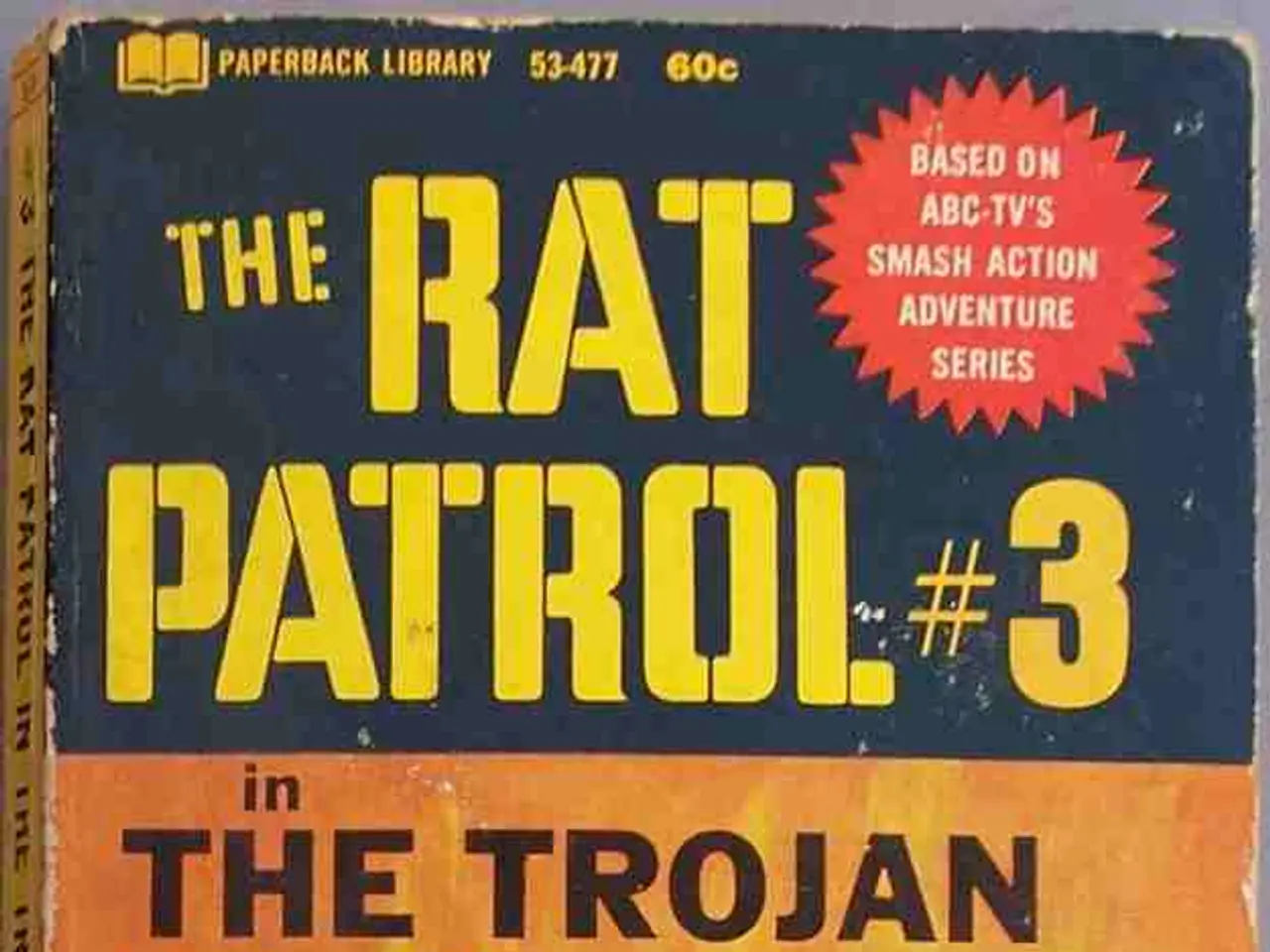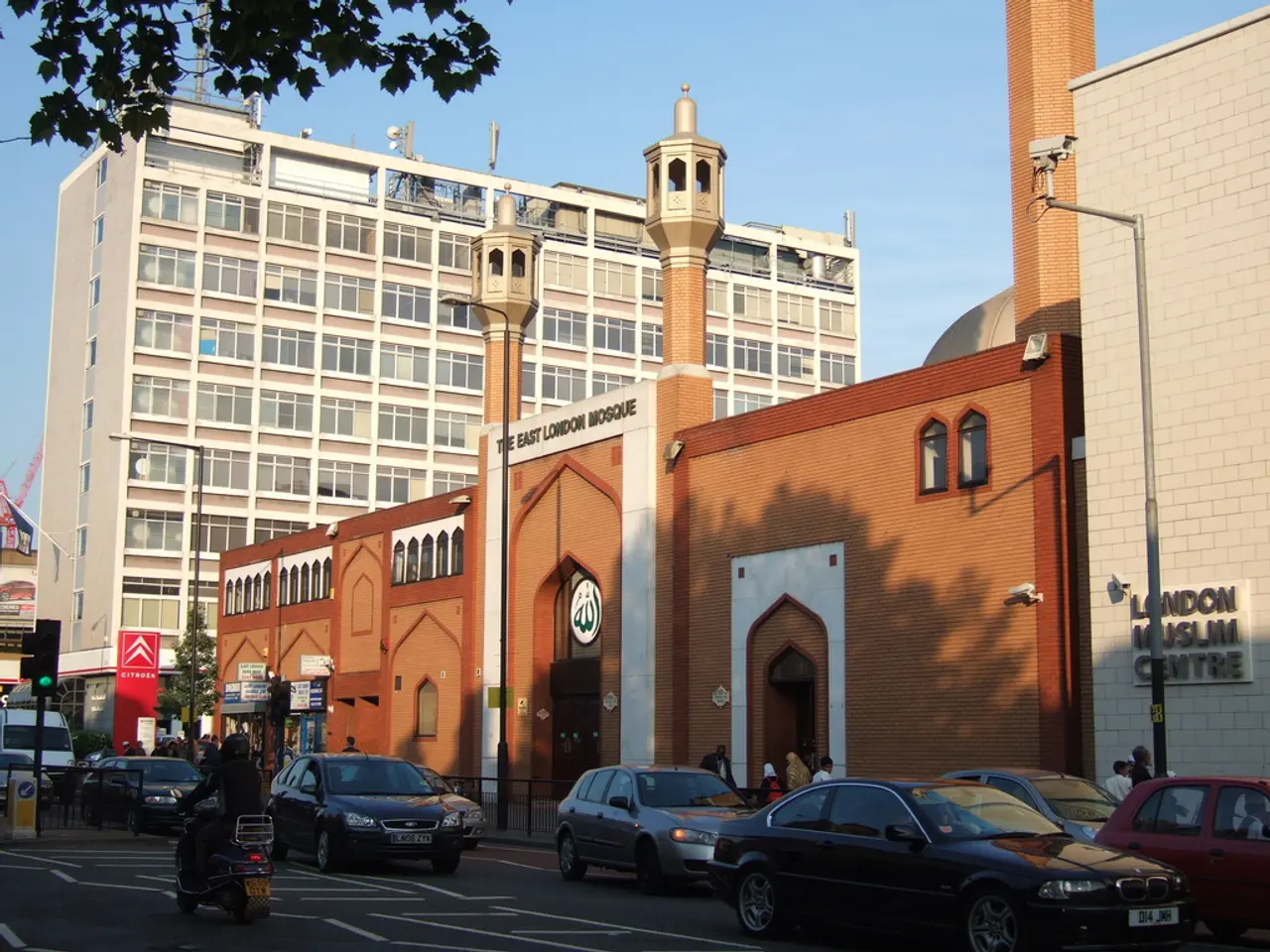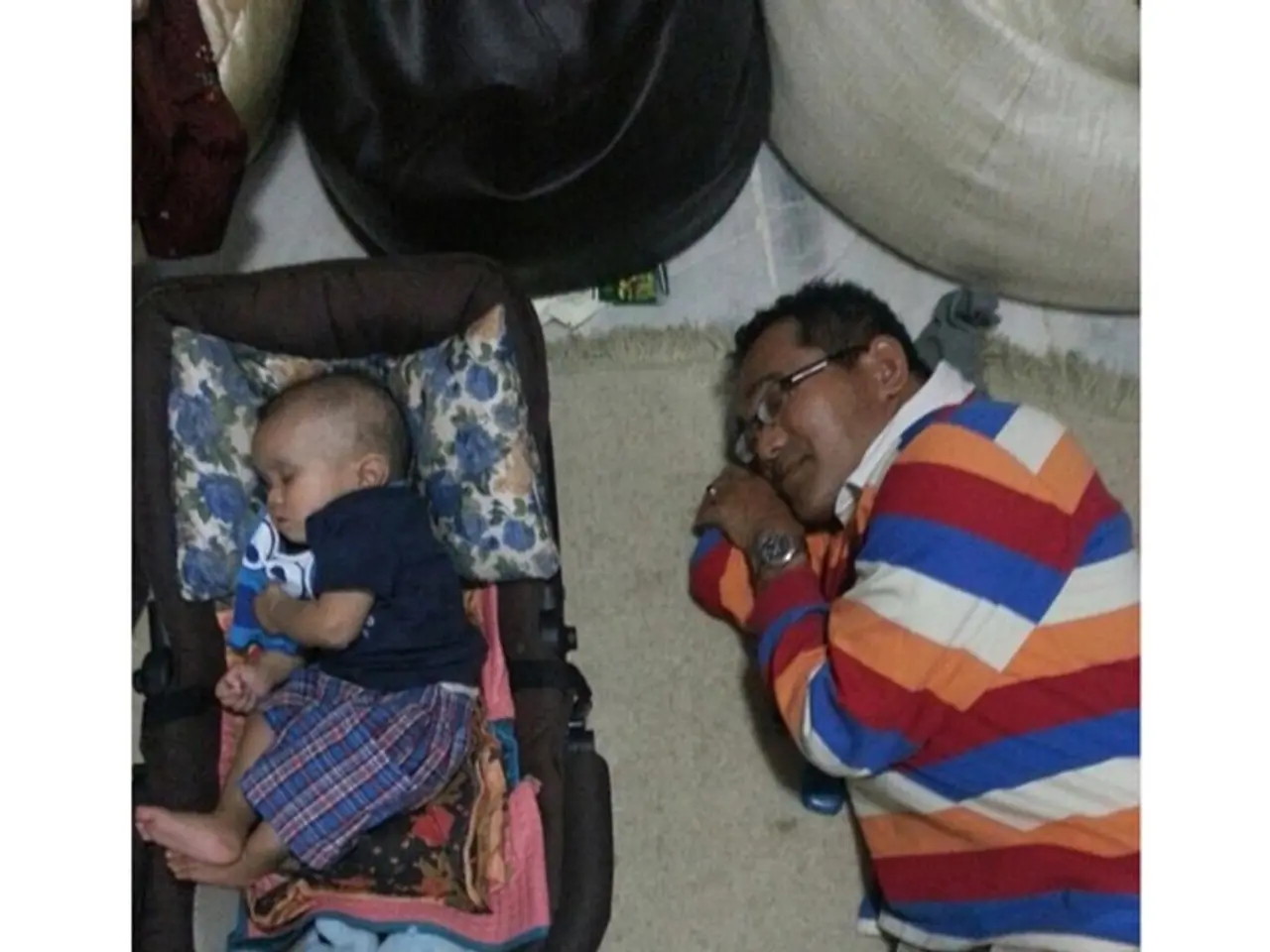Russia is urged by Georgia to remove its military forces from the regions of Abkhazia and South Ossetia.
Seventeen years ago, a war erupted between Georgia and Russia, leading to the occupation of Georgia's Abkhazia and South Ossetia regions. The conflict, which began in the late 1980s and early 1990s, has since remained a source of tension, with both regions declaring independence from Georgia and Russia recognizing their so-called independence.
The Georgian Foreign Ministry recently issued a statement on the 17th anniversary of the 2008 war, also known as the "South Ossetia War." The statement alleges that Russia continues to take steps to integrate Georgia's integral regions into Russia's political, economic, military, and social systems, thereby violating international norms. It also alleges that Russia prevents Georgian citizens displaced from these regions from returning, thereby violating international law standards.
The conflict between Georgia and the Russian-backed Abkhazian separatists lasted 13 months from 1992 to 1993. After the South Ossetia War, the Russian-backed Abkhazia and South Ossetia regions declared unilateral independence from Georgia. In response, Georgia severed diplomatic relations with Russia. Switzerland assumed a mediating role between the two countries.
The 2008 war broke out when Georgia launched a military operation to regain control over South Ossetia. Russia responded with a large-scale invasion, claiming it was protecting Russian citizens and peacekeepers. Russian forces quickly took control of South Ossetia's capital, Tskhinvali, and parts of Abkhazia, effectively solidifying their hold over these territories.
Following the 2008 war, Russia officially recognized Abkhazia and South Ossetia as independent states and maintained a strong military presence there. However, Georgia and the vast majority of the international community continue to regard these regions as part of Georgian sovereign territory. Russia’s control covers about 20% of Georgia’s territory, enabling it to exert significant political and economic influence.
Currently, the situation remains a "frozen conflict" with an unresolved status. Abkhazia and South Ossetia operate as de facto independent entities under Russian military protection. Infrastructure marking the administrative boundary lines has been built, reinforcing separation. Meanwhile, Georgia insists on its territorial integrity and disputes the legitimization of these breakaway regions.
Russia is further strengthening its military presence, including developing a naval base in Abkhazia, signaling a long-term intention to keep control rather than facilitate reintegration with Georgia.
However, the Georgian government is pursuing peaceful policies to end the occupation and the Georgia-Russia conflict through diplomatic methods. The leader of Abkhazia has resigned amid protests over Russian influence, and the Georgian government is taking steps to restore reconciliation and trust between communities divided by the occupation line.
In summary, the conflict between Georgia and Russia over Abkhazia and South Ossetia began after the Soviet collapse as ethnic and separatist tensions escalated. Russia initially acted as a peacekeeper but shifted to backing separatist control. The 2008 war resulted in Russian military occupation and recognition of the breakaway regions. Today, Abkhazia and South Ossetia remain under Russian control, not internationally recognized as independent, and the conflict remains unresolved but stable in a "frozen" state. The Georgian government is taking steps to restore reconciliation and trust between communities divided by the occupation line.
- The Georgian government is actively pursuing peaceful policies, aiming to end the occupation and the Georgia-Russia conflict over the regions of Abkhazia and South Ossetia through diplomatic means.
- The ongoing situation of the "frozen conflict" between Georgia and Russia over Abkhazia and South Ossetia involves these regions operating as de facto independent entities under Russian military protection.
- In the realm of politics and general news, the policy-and-legislation stance of the Russian government in regards to war-and-conflicts, such as its recognition of Abkhazia and South Ossetia as independent states, has significant implications for the current status of the Georgia-Russia conflict.








